Eco Friendly Packaging Pouches: The Sustainable Revolution in Flexible Packaging
The global packaging industry is undergoing a seismic shift, and at the heart of this transformation are eco friendly packaging pouches. These innovative solutions are not just a trend but a necessity, driven by consumer demand for sustainability, stringent regulations, and breakthroughs in material science. From biodegradable plastic pouches to biodegradable zip lock pouches, the market is brimming with options that promise to protect products while preserving the planet. But what makes these pouches truly eco-friendly, and how are they reshaping industries? Let’s dive into the dynamic world of eco friendly packaging pouches and explore their impact, challenges, and future potential.
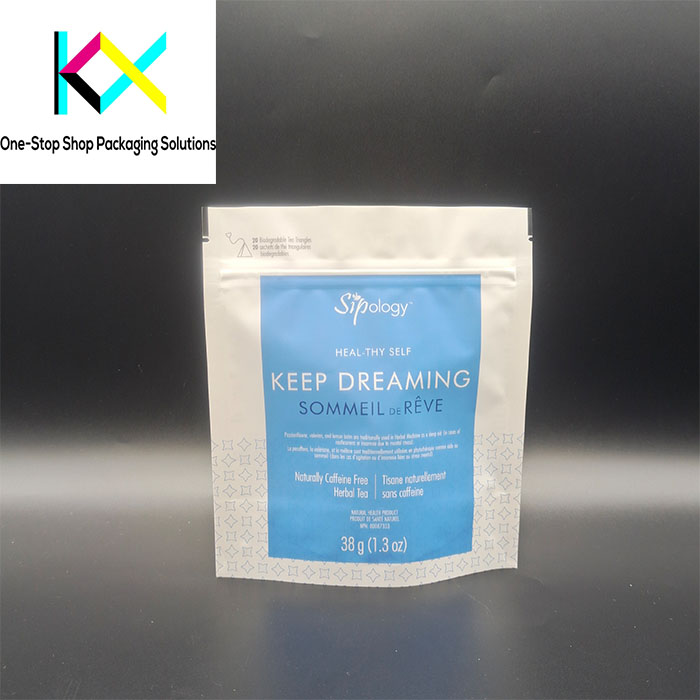
The Rise of Biodegradable Solutions
The demand for biodegradable plastic pouches has skyrocketed as brands and consumers alike seek alternatives to traditional plastics. These pouches are designed to break down naturally, reducing the environmental footprint of packaging waste. However, not all biodegradable options are created equal. True biodegradability requires materials like PLA (polylactic acid) or PBAT (polybutyrate adipate terephthalate), which decompose into water, CO₂, and biomass under specific conditions. For example, TC Transcontinental’s biodegradable plastic packaging bags are certified for industrial composting, making them ideal for closed-loop systems in events and hospitality.
Recent advancements are pushing the boundaries of what biodegradable packaging pouches can achieve:
Nanocellulose coatings: Enhance barrier properties, making biodegradable zip lock pouches as effective as traditional plastics in protecting sensitive products like coffee and snacks.
Algae-based resins: Companies like Algenesis are developing marine-degradable films that dissolve in seawater within 24 weeks, addressing the growing issue of ocean plastic pollution.
Edible adhesives: Mori’s chitosan-based glues allow biodegradable packaging pouches to transform into fertilizer when buried, closing the loop on waste.
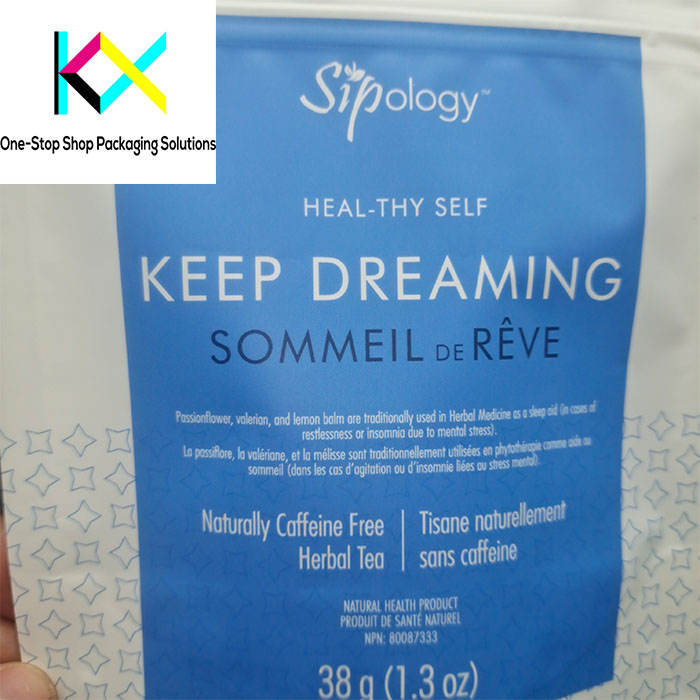
Regulatory Pressures and Certification Challenges
As governments worldwide tighten regulations on single-use plastics, eco friendly packaging pouches are becoming a compliance necessity. California’s Extended Producer Responsibility (EPR) laws, for instance, incentivize the use of compostable food packaging, pushing brands to adopt biodegradable plastic pouches. However, navigating the certification maze is no small feat. Certifications like BPI (industrial composting) and OK compost HOME (backyard) are essential to ensure that these pouches meet rigorous environmental standards.
Yet, challenges remain. A 2023 study revealed that 41% of “biodegradable” products fail basic disintegration tests, highlighting the need for third-party verification. Brands must prioritize transparency and avoid greenwashing by clearly labeling their eco friendly packaging pouches with specific certifications and disposal instructions.
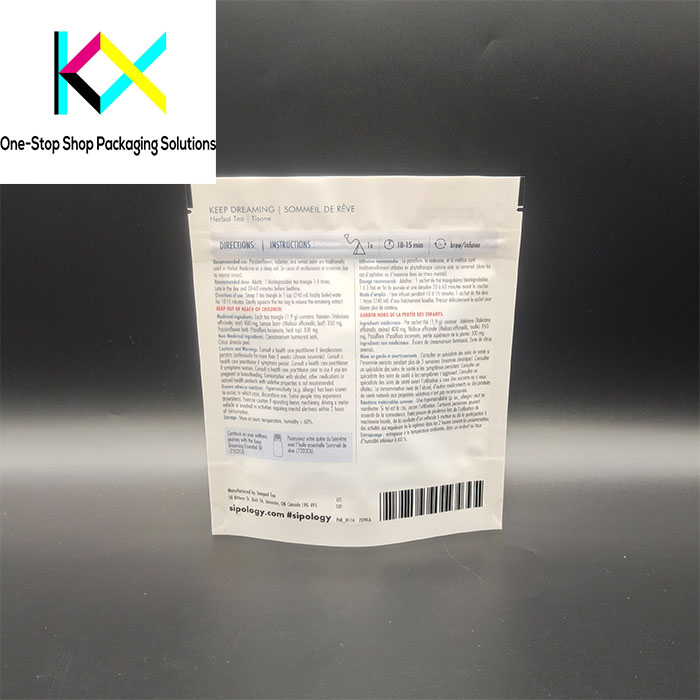
Balancing Freshness and Sustainability
One of the biggest hurdles for biodegradable packaging pouches is maintaining product freshness while meeting sustainability goals. Traditional aluminum-lined coffee bags, for example, offer 24-month freshness, but PLA-based alternatives have historically struggled to match this performance. Innovations are bridging the gap:
Active oxygen scavengers: Embedded iron particles in biodegradable zip lock pouches extend coffee aroma retention by 40%, rivaling traditional plastics.
UV-blocking lignin: Derived from forestry waste, this additive protects sensitive products like vitamins without compromising compostability.
PCR hybrids: Post-consumer recycled content, like TC Transcontinental’s 35% PCR stand-up pouches, balances sustainability with performance.
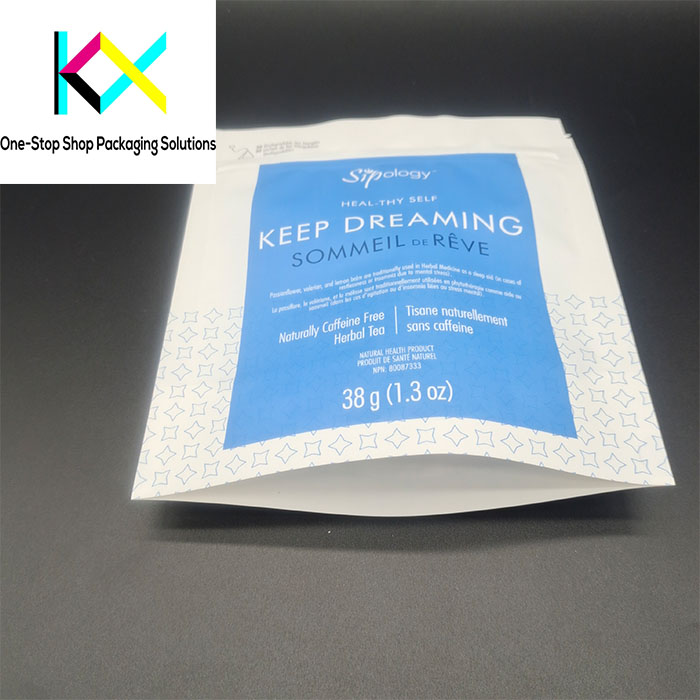
Closed-Loop Systems: The Ideal Environment for Biodegradables
The true potential of biodegradable plastic packaging bags lies in controlled environments where composting infrastructure exists. Music festivals like Glastonbury have embraced compostable pouches, collecting them with food waste to divert tons of material from landfills. Similarly, e-commerce giants like HelloFresh are piloting biodegradable zip lock pouches with humidity sensors to reduce returns and improve customer satisfaction.
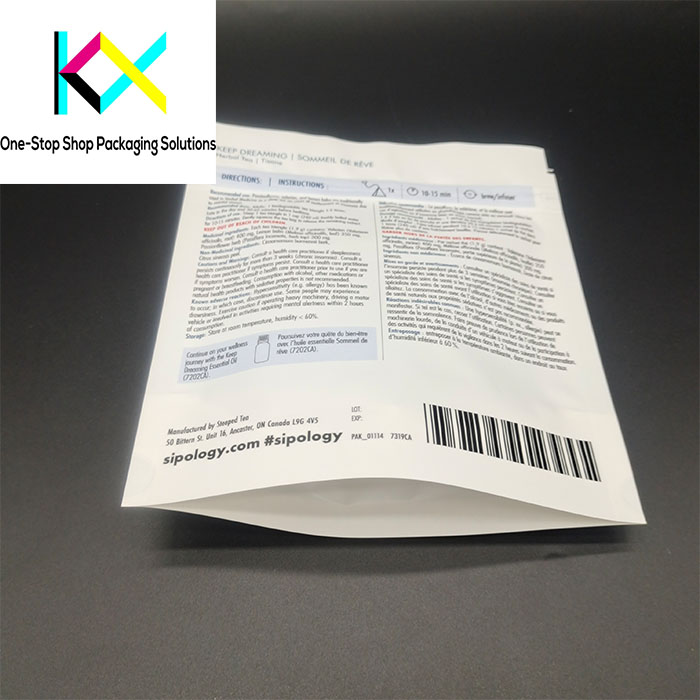
The Infrastructure Gap and Consumer Education
Despite the promise of eco friendly packaging pouches, systemic challenges persist. Many regions lack the facilities to process compostable pouches, forcing brands to rely on supermarket drop-offs or specialized recycling programs. Additionally, consumer confusion remains a significant barrier. A 2023 survey found that 68% of consumers mistakenly toss biodegradable plastic pouches into recycling bins, contaminating recycling streams.
To address this, brands are turning to technology:
-
Blockchain tracking: QR codes on Farmer Direct’s coffee pouches trace decomposition progress, rewarding users with loyalty points for proper disposal.
-
AI-guided disposal apps: TerraCycle’s Scan2Recycle uses image recognition to educate consumers on how to dispose of biodegradable packaging pouches correctly.
Future Frontiers: Beyond Biodegradability
The next generation of eco friendly packaging pouches will blend smart tech with radical material science:
-
Self-degrading inks: Lactips’ enzyme-triggered prints accelerate decomposition when buried.
-
Mycelium-reinforced layers: Ecovative’s mushroom-root networks add tear resistance to biodegradable zip lock pouches.
-
Carbon-negative materials: Coffee husk-based pouches sequester CO₂, as seen in Death Wish Coffee’s 30% emissions cut.
A Call for Transparency and Innovation
The journey toward authentic sustainability demands honesty and innovation. Brands must:
-
Ditch vague claims: Replace “biodegradable” with specific certifications (e.g., ASTM D6400).
-
Design for infrastructure: Prioritize regions with composting facilities or invest in closed-loop partnerships.
-
Educate consumers: Use AR tutorials to demonstrate proper disposal of biodegradable packaging pouches.
As legislation tightens and greenwashing scrutiny intensifies, eco friendly packaging pouches are no longer a niche choice but a market imperative. From algae-based films to blockchain-tracked decomposition, the industry is proving that sustainability and performance can coexist—one properly certified pouch at a time.
You can visit our website to know more about our compostable pouch:
